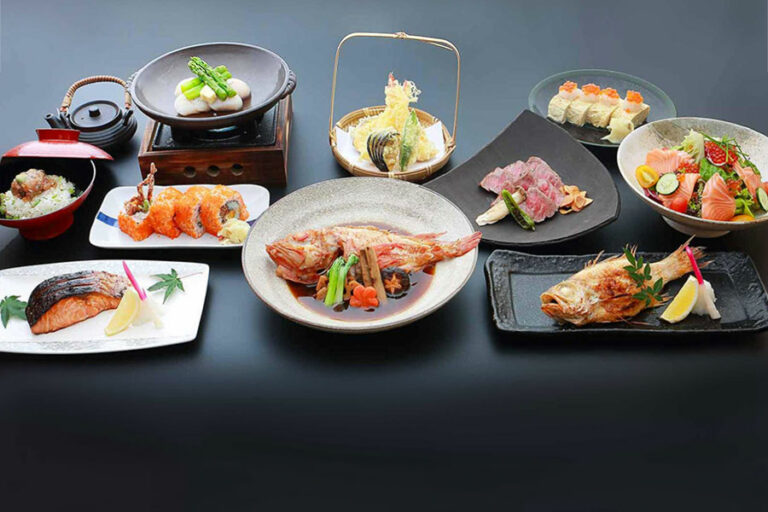Japan, a nation that seamlessly blends tradition with modernity, has long been an economic powerhouse on the global stage. Renowned for its technological advancements, precision engineering, and exceptional craftsmanship, Japan’s business landscape is a dynamic fusion of innovation and cultural heritage. Navigating this intricate tapestry requires more than just a grasp of economic principles; it demands a deep understanding of the country’s intricate business etiquette. In this article, we delve into the key dos and don’ts that can pave the path to success in Japan’s unique business environment.
The Importance of Etiquette in Japanese Business Culture
Japanese business culture is deeply rooted in respect, hierarchy, and mutual understanding. While globalization has led to some adaptations, the core values of respect and formality continue to shape the interactions between businesses and individuals. Proper etiquette is not merely a formality; it’s a reflection of one’s respect for the culture and an acknowledgment of the shared values that underpin Japanese society.
The Dos of Japanese Business Etiquette
- Greeting and Bowing: The bow, a quintessential Japanese gesture, conveys respect and hierarchy. When greeting someone, a slight nod of the head and a slight bow at the waist are appropriate. The depth of the bow may vary depending on the situation and the seniority of the person you’re greeting.
- Exchanging Business Cards (Meishi): The exchange of business cards is a ritual in Japan. Always use both hands when presenting and receiving cards, and take a moment to examine the card before placing it carefully in a cardholder or on the table. This gesture symbolizes your respect for the person and their position.
- Punctuality: Being on time for meetings and appointments is crucial. Arriving a few minutes early is considered respectful and shows your commitment to the business relationship.
- Politeness and Language: Using polite language and honorifics, such as “-san,” when addressing colleagues and business partners is essential. Maintaining a calm and composed demeanor, even in challenging situations, is highly valued.
- Gift-Giving: Presenting gifts is a common practice, especially during initial meetings or to express gratitude. Choose gifts that are thoughtful and of high quality. Always present and receive gifts with both hands.
- Dress Code: Business attire is typically formal and conservative. Dark suits, ties, and subdued colors are the norm. Dressing well shows respect for the business setting.

The Don’ts of Japanese Business Etiquette
- Interrupting or Disrupting: Japanese business meetings follow a structured and organized format. Interrupting or disrupting the flow of conversation is considered disrespectful. Wait for your turn to speak and maintain a patient demeanor.
- Casual Behavior: While Japan is becoming more accustomed to Western customs, it’s best to err on the side of formality. Avoid overly casual behavior, such as slouching or using informal language, as it may be seen as disrespectful.
- Pointing or Gesturing with Fingers: Pointing with your finger or making beckoning gestures is considered impolite. Instead, use an open hand or a subtle nod to indicate direction or summon someone.
- Pouring Your Own Drink: In a social or business setting, it’s customary to pour drinks for others before pouring your own. This practice reflects a selfless attitude and a focus on others’ needs.
- Bluntness or Direct Criticism: Japanese communication often employs indirect language to convey criticism or disagreement. Being overly direct or blunt can be perceived as confrontational. Instead, opt for subtle and tactful communication.
- Showing the Soles of Your Feet: In Japan, the soles of the feet are considered the least clean part of the body. Avoid pointing your feet or showing the soles of your shoes when sitting.

Building Relationships for Success
The cornerstone of Japanese business etiquette is building strong, lasting relationships based on trust and mutual understanding. It’s not just about the transaction; it’s about cultivating a sense of camaraderie and respect that goes beyond the boardroom. To thrive in Japan’s business world, take the time to understand your counterparts’ background, values, and aspirations. Listen attentively, ask thoughtful questions, and express genuine interest in their perspectives.
In conclusion, navigating Japan’s business etiquette is an art that requires finesse, cultural sensitivity, and an eagerness to learn. By embracing the dos and avoiding the don’ts, you can forge meaningful connections, foster fruitful collaborations, and pave the way for success in Japan’s unique and thriving business landscape. Remember, mastering etiquette is not just a matter of tradition; it’s a testament to your commitment to building bridges and thriving in the intricate dance of Japanese business culture.






